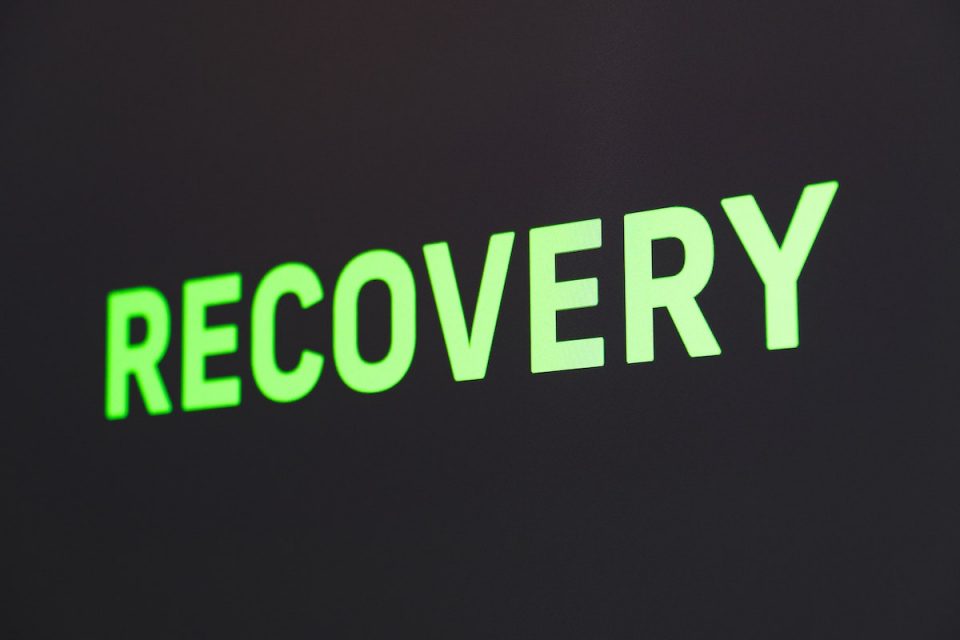This week’s thrive in five is all about recovery
This is week two in our series of Thrive in Fives. Last week we talked about what is the Cadence Approach and what’s the idea behind it. So if you haven’t watched that video, jump back a week. This week we are focusing in on recovery. So my observation is that we aren’t always doing too much, but we are almost always under recovered.
What is recovery?
Let’s start there. Well, it’s not kicking back with a cup of tea or a beer in one hand and the TV remote and the other, and doing nothing for hours on end. It might be if you find that relaxing every now and again, but it’s more about the little slivers of recovery you can get into your day. So we’re not necessarily expecting you to take a two-week holiday after you’ve had a busy period at work, but can you take a few minutes out to get some sunshine on your face?
Recovery ideas
Can you take a few minutes out to do some breath work, some meditation, spend time with your kids, stroke the dog. Take the dog out for a walk in the woods and get the benefit of nature. Speak to someone you find energising. Go and do a workout, that can be a form of recovery.
Any form of heartfulness, which is doing something that you love, that’s deeply about you, that you feel very connected to like a hobby or a passion or a musical instrument or something. They’re all forms of recovery, the same as sleep and baths and massage and everything else that is often typically associated with recovery.
Recovery as a preventative health tactic
If we got in a little bit more recovery throughout the day from a preventative standpoint, it can be very beneficial for our health. So I currently feel great, but I’m still going to take five minutes out to meditate and a couple of minutes of breathing or daydreaming out the window. Why will I do that? I do it to ensure that I’m building in pockets of recovery, putting recovery in the bank as it were.
After a busy event, a busy period, maybe it’s an all day workshop or something that I’ve delivered virtually. I will definitely make sure to get a couple of hours of recovery based activities in. I like taking my dog around the park and just enjoying nature, enjoying the quiet and having my headphones on.
So that’s what a business professional would do. It’s exactly what an athlete does. They have periods of intense activity or load, followed by recovery. If you were able to mimic that, I think you can extend the amount of energy you have and be a little happier, healthier, a bit more resilient.
Two questions:
- What is recovery to you?
- Where can you find the time for that in your diary?
Just a minute here and there, it doesn’t have to be long periods. Pepper the diary across the days and the weeks with little slivers of it.
So I hope that makes sense to you all the very best good luck. And I’ll talk to you next week while we’re focusing on signals.
For more great wellbeing content follow us on social LinkedIn, Facebook and Instagram. You can also subscribe to our podcast Remove the Guesswork, for weekly wellbeing tips and insights.
If you’re interested in finding out what your health IQ is, take the Health IQ test to find out, and get a free personalised 39-page report built around our six signals, which are sleep, mental health, energy, body composition, digestion, and fitness.
Our Wellbeing At Work Workshops help employees take ownership of their health. We use a blend of science and technology to empower participants to own their health via actionable insights that can be implemented straight away. Our interactive programmes cover Sleep, Mental Health, Energy, Resilience & Immunity, and bespoke workshops are available on request


